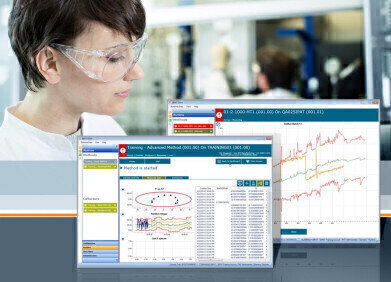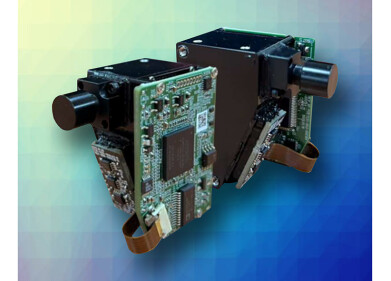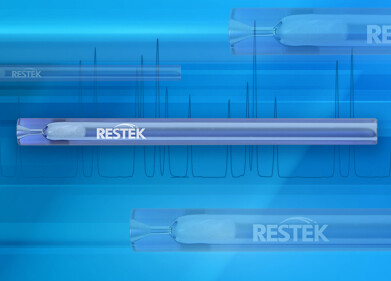-
 Siemens has extended its Simatic Sipat Process Analytical Technology (PAT) software: version 4.1 features a new user interface, even greater stability and extended analytical functions.
Siemens has extended its Simatic Sipat Process Analytical Technology (PAT) software: version 4.1 features a new user interface, even greater stability and extended analytical functions.
Environmental Laboratory
Process Analytical Technology Software Range Extended
Jun 11 2014
Siemens (Germany) is extending its software range for Process Analytical Technology (PAT) with Simatic Sipat version 4.1. This scalable and modular software solution helps companies to monitor and control the quality of their products online during manufacturing. Version 4.1 features a new runtime user interface, further increased stability and robustness and expanded analysis techniques. Its main applications are in the pharmaceutical, fine chemicals and food and beverage industries.
Simatic Sipat is a scalable and modular software solution that enables companies to extend their quality assurance activities on a step-by-step basis within the scope of the PAT initiative. With PAT, product development and production process can be monitored, controlled and optimised by measuring the critical to quality attributes (CQA) of raw materials, process materials and procedures. This continuous monitoring of product quality can prevent deviations from specifications and therefore reduce production costs. In addition, it allows for Real Time Release Testing, so final quality inspections can be reduced or completely eliminated. The latest version of Sipat, V4.1, has a more intuitive, powerful and flexible user interface. Thanks to the new dashboard function, users can now obtain a quick overview of all running PAT methods and key parameters (e.g. Critical to Quality Attributes such as dissolution, blend uniformity etc.). The embedding of the user interface to Simatic PCS 7 and Simatic WinCC also allows the user to visualise and control all PAT methods from the existing process control system or SCADA system.
Simatic Sipat 4.1 ensures even greater stability and robustness so that the system remains available as much as possible even in the event of plant network faults or temporary process instrument failure. After reconnection of the analytical instruments to the network, Sipat recovers all buffered data without requiring any manual user intervention. New functions include an optimised OPC data access interface for data capture and updated device analyser drivers. Furthermore, the new OPC automation service enables methods to be controlled in a much more integrated fashion with the automation platform. The innovations implemented in version 4.1 also include embedded real-time statistical evaluations and context-dependent data analysis, meaning that, for example, any deviations from the setpoints for biochemical reactions can be detected at an early stage and countermeasures initiated where needed.
Digital Edition
IET 34.2 March 2024
March 2024
Gas Detection - Biogas batch fermentation system for laboratory use with automatic gas analysis in real time Water/Wastewater - Upcycling sensors for sustainable nature management - Prist...
View all digital editions
Events
Apr 17 2024 Guadalajara, Nexico
Apr 18 2024 Shanghai, China
Apr 22 2024 Hannover, Germany
Apr 22 2024 Marrakech, Morroco
Apr 23 2024 Kuala Lumpur, Malaysia

















